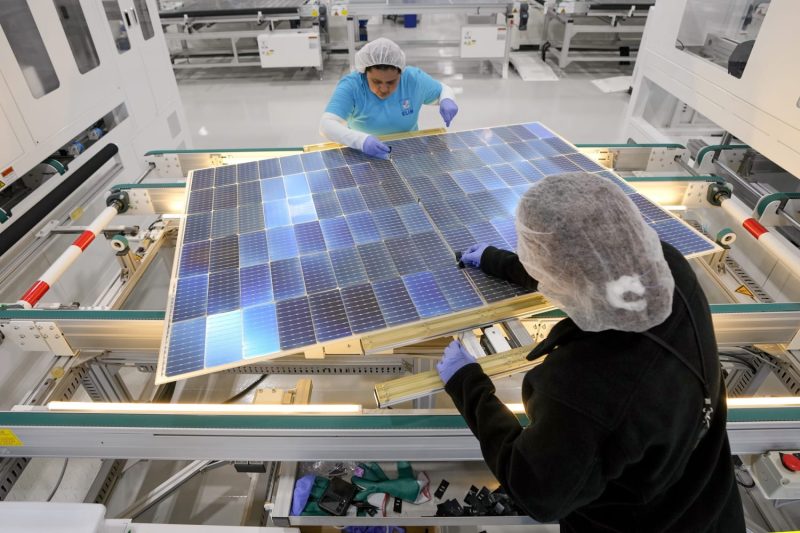The transition in the U.S. labor market from traditional white-collar employment to skilled labor positions marks a significant shift in the economy that is reshaping hiring trends and workforce dynamics. This transformation is not a sudden development but rather a gradual evolution driven by various factors, including technological advancements, changing consumer demands, and the continuous quest for innovation.
One of the key drivers behind this shift is the rapid advancement of technology and automation. As machines and artificial intelligence become more sophisticated, routine white-collar tasks are increasingly being automated, leading to a decreased demand for traditional white-collar positions. At the same time, specialized skills such as coding, data analysis, robotics, and engineering are becoming more essential in industries such as IT, healthcare, and manufacturing, driving the demand for skilled labor.
Furthermore, changing consumer preferences and market dynamics are also contributing to the shift towards skilled labor. With the rise of e-commerce and personalized experiences, companies are prioritizing talent with skills in digital marketing, social media management, and data analytics to better understand and engage with customers. This has created new opportunities for skilled professionals who can help businesses adapt to the digital age and stay competitive in a rapidly evolving market landscape.
Moreover, the global push for sustainability and environmental responsibility is driving the demand for skilled labor in green industries such as renewable energy, sustainable agriculture, and waste management. As companies strive to reduce their carbon footprint and comply with increasingly stringent regulations, the need for skilled workers who can develop and implement eco-friendly solutions is on the rise.
In response to these trends, educational institutions and training programs are adapting their offerings to equip individuals with the skills needed to thrive in the evolving labor market. Vocational schools, online courses, and apprenticeship programs are providing avenues for individuals to develop technical skills and expertise in high-demand fields, such as cybersecurity, data science, and green technology.
As the U.S. labor market continues to shift towards skilled labor, it is essential for job seekers to recognize the changing landscape and proactively acquire the necessary skills and qualifications to remain competitive. By staying informed about emerging trends, investing in continuous learning, and adapting to the evolving demands of the workforce, individuals can position themselves for success in a job market that values specialized expertise and technical proficiency.

